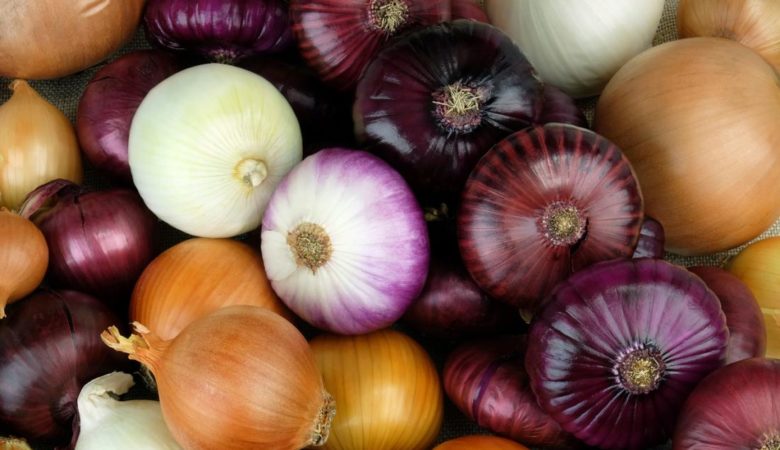How exposed we are to infections and cancer depends on the state of our immune system. That is why it is important to “maintain” our body’s defense system, which maintenance is essentially the same as a healthy lifestyle. The ailing immune system has a number of warning signs that are worth paying attention to. If we catch a cold easily, we get viral infections often, our lymph nodes are swollen several times, and we need to reduce our susceptibility to infections.

The body’s susceptibility to diseases, including cancer, is built up as a component of psychological, neurological, nutritional, and environmental factors. If their balance is upset in any way, recovery should not be delayed. What about nutrition? The most significant source of vital vitamins and minerals is what we eat. If we have a balanced, regular and mixed diet, we have already done a lot to maintain that certain balance.
The accumulation of free radicals as a by-product of metabolic processes and as a result of pollutants plays a major role in the onset of cancer cell formation. Some vitamins and minerals are able to bind harmful molecules with free valence.
Vitamins
The vitamin has been shown about to take a major role in many immune process, thus including the induction of anti-tumor activity. 70-90 percent of vitamin A is taken in with food, and 20-50 percent of its precursors, carotenes. This fat-soluble vitamin is found in offal, egg yolk, sea fish, milk and dairy products. Carotenes are rich mainly in bright green, yellow, red fruits and vegetables.
The Vitamin C has many immune stimulating properties, including effective antioxidant, increases the number of white blood cells and the presence of the stomach are formed carcinogenic nitrosamines. It increases the amount of interferon in the body, which is an effective compound in the fight against cancer. Studies have shown that an association between low vitamin C levels and abnormal cervical smear is possible. A similar association is suggested between esophageal and laryngeal cancer and the lack of this vitamin. The body’s vitamin C reserves are mostly depleted by smoking and alcohol consumption.
The Vitamin E is also a beneficial effect upon the immune system, which signs the absence of otherwise widely. It stimulates the activity of T cells, one type of which specializes in killing virus-infected and tumor cells. At the same time, it plays a significant role in the absorption of selenium, a mineral that is also important for tumor prevention. Wheat germ is a particularly rich source of vitamin E, and is usually found in oilseeds, leafy vegetables and whole-wheat flour products.
Minerals
One of our most important trace elements, the main sources of selenium, are garlic, onions, seafood, whole grains, yeast and brown rice. At the same time, the selenium content of plant foods is significantly influenced by the selenium content of the soil, and Hungary is unfortunately one of the selenium-deficient areas. However, selenium deficiency can lead to a deterioration in immune function, increasing the risk of certain types of cancer. If selenium deficiency is accompanied by insufficient vitamin E intake, this risk is even greater.
The malignancies in patients with low serum zinc levels was observed, which is inadequate zinc intake refers to, but increased zinc needs of cancer cells. However, in addition to zinc deficiency, the researchers observed more frequent tumor formation. Zinc in meat, liver, wheat germ, walnuts and almonds also plays a significant role in free radical scavenging antioxidant processes.
Iron is different because it increases the risk of cancer by accumulating too much in our body (however, iron deficiency is also detrimental.) The reason for this is that it increases the production of free radicals. Increased iron intake from food can be explained by excessive meat consumption.
Observations suggest that breast and ovarian cancers are more common in women with iodine deficiency. As with selenium, the iodine content of plants depends on the soil. In iodine deficient areas, therefore, one solution may be to consume iodized table salt. In addition, marine fish, fish oil and green plants also contain this important mineral of ours.











